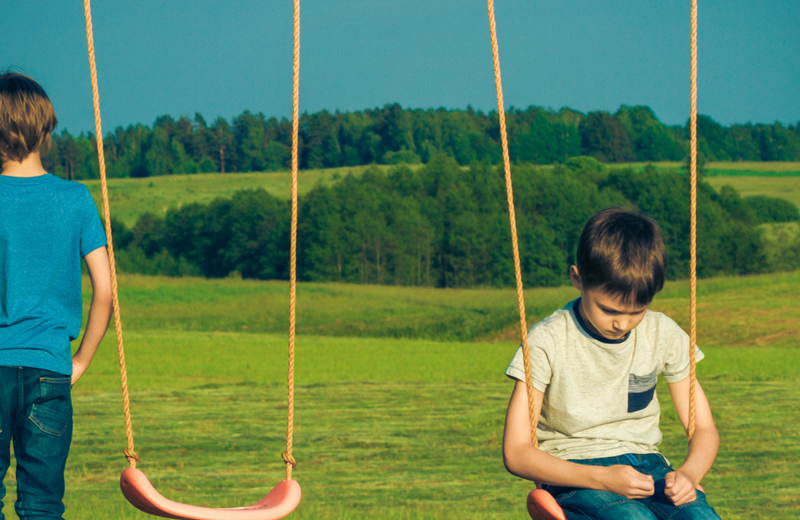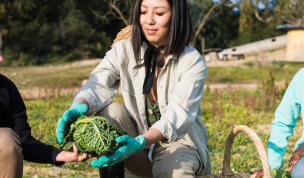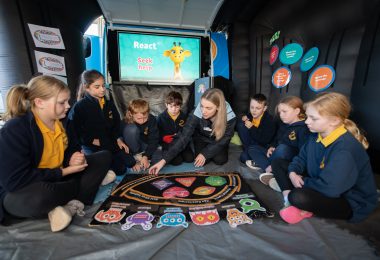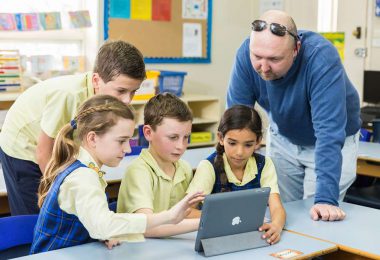Early education key to fostering respectful relationships

May is Domestic and Family Violence Prevention Month and Life Ed NSW is calling on the community to teach kids how to keep themselves safe from an early age – especially when it comes to the use of technology.
Research shows that technology-facilitated abuse has become a key part of domestic and family violence.
Technology-facilitated abuse is a form of domestic violence in which abusers control, stalk and harass their victims using technology.
It can include sending abusive text messages or emails, abusing victims through social media sites and sharing intimate images of someone without their consent (also known as image-based abuse).
Life Ed NSW CEO Jonathon Peatfield said we all have a role to play to help keep children and families safe, starting with early prevention through education.
“From an early age, we need to empower kids with the knowledge to make good decisions, teach them how to identify potential situations and arm them with the skills and strategies they need to reach out for help and support,” Mr Peatfield said.
The messages around fostering healthy relationships both online and off have never been more important – with Australia’s eSafety commissioner reporting a 21 per cent rise in youth cyber-bullying since the COVID-19 pandemic began and an 86 per cent spike in image-based abuse and sexting, with children and teenagers spending more time online during isolation.
Relate Respect Connect is an innovative Life Ed program which empowers students with skills and strategies to help them develop safe and respectful relationships both face to face and online. The program teaches children how to make good friends, deal with bullying issues, develop self-respect and respond to unsafe situations.
Life Ed’s bCyberwise focuses on the importance of being safe and respectful online, helping children understand why being a responsible digital citizen is vital for their own safety as well as their friends and family.
“An important skill we teach children through our preventative education programs is how to report inappropriate behaviours,” Mr Peatfield said.
HOW LIFE EDUCATION HELPED LILY FIND HER VOICE
“If children find themselves in a challenging or unsafe situation online, there are some simple steps they can follow.”
How to report cyberbullying material
- Report the cyberbully material to the social media service
- Collect evidence. Copy URLs or take screenshots of the material
If the content is not removed within 48 hours:
- Report it esafety.gov.au/report
- Block the person and talk to someone you trust










